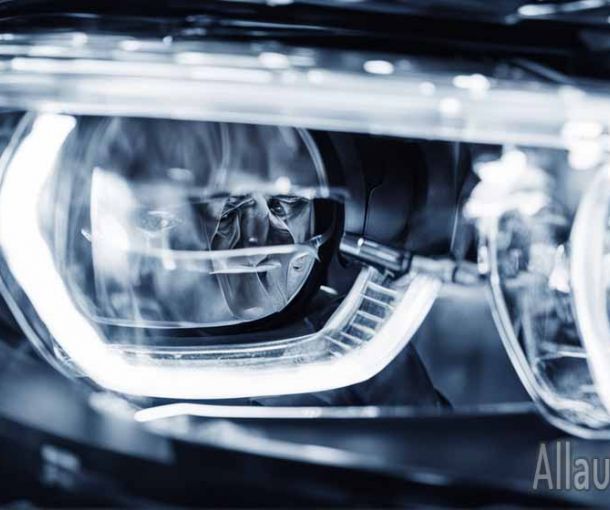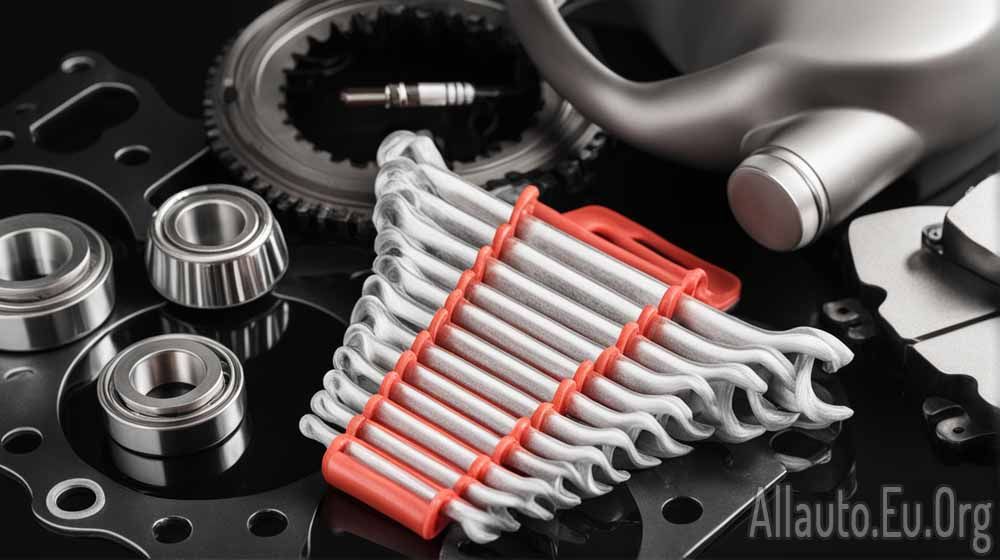

The Impact of Autonomous Auto on the Future of Transportation

The transportation industry is undergoing a significant transformation with the emergence of autonomous vehicles. The integration of artificial intelligence (AI) and machine learning (ML) in automobiles has resulted in the creation of autonomous vehicles that can operate independently without the need for human intervention. The concept of autonomous vehicles has the potential to revolutionize the transportation industry, offering a range of benefits such as enhanced safety, reduced traffic congestion, and improved fuel efficiency. In this article, we will discuss the impact of autonomous autos on the future of transportation and the challenges that need to be addressed to ensure their widespread adoption.
The Advantages of Autonomous Autos:
One of the most significant advantages of autonomous autos is enhanced safety. According to the National Highway Traffic Safety Administration (NHTSA), around 94% of all automobile accidents are caused by human error. With autonomous autos, the risk of accidents caused by human error can be minimized, as they are equipped with advanced safety features such as sensors, cameras, and radar systems that can detect obstacles, pedestrians, and other vehicles. These safety features can also help to reduce the severity of accidents by alerting the driver and initiating safety measures such as braking.
Another advantage of autonomous autos is the potential to reduce traffic congestion. Traffic congestion is a significant problem in urban areas, resulting in increased travel time and decreased productivity. With autonomous autos, traffic flow can be optimized by reducing the space between vehicles and ensuring smooth and efficient travel. This can help to reduce travel time and increase productivity, benefiting both individuals and businesses.
Autonomous autos can also improve fuel efficiency. As they are equipped with advanced technology such as sensors and ML algorithms, they can optimize their speed, acceleration, and braking to ensure maximum fuel efficiency. This can result in significant fuel savings, reducing the environmental impact of transportation and benefiting both the environment and the economy.
The Challenges of Autonomous Autos:
Despite the potential benefits of autonomous autos, there are several challenges that need to be addressed before they can be widely adopted. One of the most significant challenges is ensuring the safety of autonomous vehicles. While autonomous autos are equipped with advanced safety features, they are still vulnerable to cyber-attacks and other forms of hacking. This can result in serious safety issues, such as accidents caused by hackers or other malicious actors. To address this challenge, automakers need to invest in robust cybersecurity measures to ensure the safety and security of autonomous vehicles.
Another challenge is the cost of autonomous autos. While the technology is rapidly evolving, the cost of implementing autonomous technology in automobiles is still high. This can make it difficult for many individuals and businesses to afford autonomous autos, limiting their widespread adoption. To address this challenge, automakers need to invest in cost-effective solutions that can make autonomous autos more affordable and accessible.
Finally, there is also a need to address the legal and regulatory challenges associated with autonomous autos. The legal framework surrounding autonomous autos is still evolving, and there is a need for clear guidelines and regulations to ensure their safe and effective use. This includes issues such as liability and insurance, as well as data privacy and security concerns.
The Future of Transportation with Autonomous Autos:
Despite the challenges associated with autonomous autos, the future of transportation is undoubtedly headed towards greater autonomy. The integration of AI and ML in automobiles has the potential to revolutionize the transportation industry, offering a range of benefits such as enhanced safety, reduced traffic congestion, and improved fuel efficiency. As the technology continues to evolve and become more accessible, we can expect to see a greater number of autonomous autos on the road, improving the quality of life for individuals and businesses alike.
Conclusion:
The impact of autonomous autos on the future of transportation is significant, offering a range of benefits such as enhanced safety, reduced traffic congestion, and improved fuel efficiency. While there are several challenges that need to be addressed before they can be widely adopted, the potential benefits of autonomous autos make it clear that they are the way forward in the transportation industry. Automakers need to focus on addressing the challenges associated with autonomous autos to ensure their safe and effective use. This includes investing in robust cybersecurity measures, developing cost-effective solutions, and working with policymakers to establish clear guidelines and regulations.
As the technology continues to evolve, we can expect to see a greater number of autonomous autos on the road, improving the overall safety and efficiency of transportation. The transportation industry is poised for a significant transformation, and the integration of AI and ML in automobiles is just the beginning. The future of transportation with autonomous autos is bright, and it offers a range of benefits that will improve the quality of life for individuals and businesses alike. It is essential that we embrace this technology and work towards its widespread adoption to reap its full potential.
Tags
Latest Articles

Most Read
All Tags
Subscribe
Donate
Please consider supporting our efforts.
© 2023 All-Auto.ga All rights reserved.










